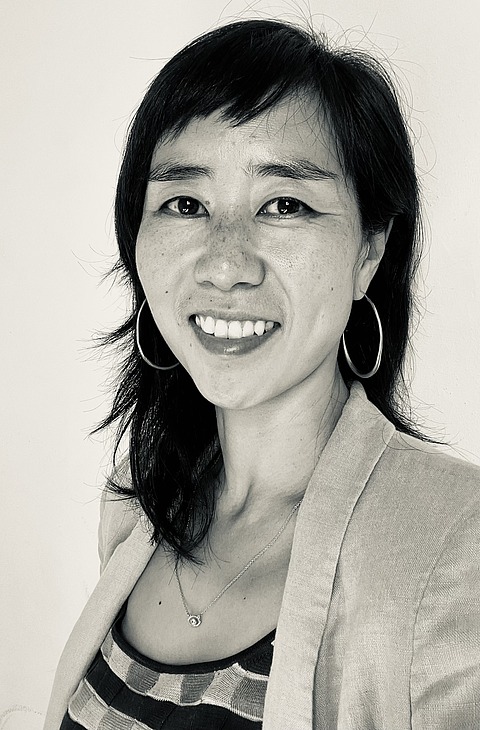Q&A with K-Sue Park

The scholarship of K-Sue Park, a Roger W. Ferguson, Jr., and Annette L. Nazareth Member in the School of Social Science, examines the development of American property law and the creation of the American real estate market through the histories of colonization and enslavement.
Her publications have appeared in the Harvard Law Review, the Yale Law Journal, The University of Chicago Law Review, The History of the Present, Law & Social Inquiry, and the New York Times. In 2015, her article, “Money, Mortgages, and the Conquest of America” won the American Bar Foundation’s graduate student paper competition and the Association for Law, Culture and the Humanities’ Austin Sarat Award, and was selected for the Law and Humanities Junior Scholar Workshop. She currently serves as an Associate Professor in Law at Georgetown University Law Center.
How do you describe your work to friends and family?
I write about histories of colonization and enslavement, which are parts of this country’s history that have long been ignored. Specifically, I ask how these histories shaped the legal institutions and practices that we have, including ones that we take totally for granted.
What motivates you as a researcher?
What motivates me most as a researcher is the communities with which I’ve worked or been privileged to get to know, whose own histories are strongly linked to those I write about and who are very aware of how they have been erased from national narratives. My goal is to write for them, in conversation with them, by explaining how these histories produced various aspects of our legal system. At the same time, I try to introduce these histories to people who are not familiar with them, but the goal is to bring them to a table that I didn’t set—that has been there a long time.
Where is your favorite place to think?
I think best while walking. I usually don’t take a pen, so I have to come up with mantras to remember the ideas I have while out.
What is your favorite part about your career and work?
My favorite part about my writing is helping to find language for things that many people already know, especially people from communities that have not traditionally had control over the main narratives of U.S. legal scholarship. Bringing their perspectives and understandings into these discourses centers and vindicates what they know; and sometimes, I hope, the material I’ve dug out of the library and out of archives can even supplement or build on that knowledge.